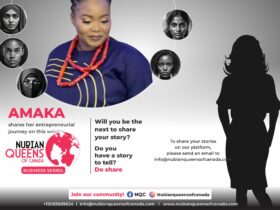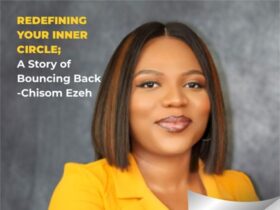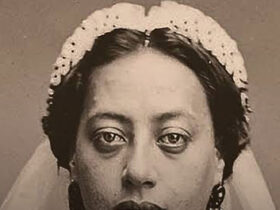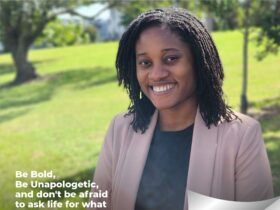Chinyelu E. Oraedu is a medical doctor resident in the United States. She is the founder of Dr. Yel’Ora’s Lifestyle & Obesity Program, a comprehensive program designed to help shift workers maintain optimal health and wellness while navigating their non-standard work schedules. The program includes personalized consultations, where we discuss your specific health concerns and develop a tailored plan to address them. We also provide lifestyle and dietary recommendations, based on the latest scientific research, to help you maintain a healthy weight and reduce your risk of chronic diseases. Additionally, we offer support for managing stress and sleep, as these are often major challenges for shift workers. Dr. Oraedu is passionate about helping shift workers and is dedicated to providing the best possible care and support. Do read her story here.
For some time now, healthcare practitioners have been sounding the alarm about the health risks of shift work. While it’s true that working a rotational shift is necessary for some industries due to its flexibility and convenience, it’s important to be aware of the potential health hazards. These risks include obesity, cardiovascular disease, mood swings, and gastrointestinal problems, such as constipation and stomach discomfort. These health issues are often linked to the disruption of our body’s natural circadian rhythm. The circadian clock, a small part of the brain, controls the body’s day and night mode regulation. It also regulates body functions like heart rate, blood pressure, temperature, digestion, and brain activity. When this clock is disrupted, such as during shift work, it can lead to serious health problems. Understanding this can empower shift workers to take steps to protect their health.
My name is Chinyelu E. Oraedu. I am a medical doctor and CEO of Dr. Yel’Ora Lifestyle & Obesity Program for Night Workers. I am very passionate about helping shift workers maintain optimal health and wellness by helping them optimize their work-life balance and providing personalized consultations on how best to navigate the impact of their work on their health. I have been a resident of the United States for over 20 years. My relocation to the United States was terrifying at first because I was scared to leave my nuclear family in Nigeria behind. I come from a close-knit family comprising four sisters, a brother and my parents, and being the first to migrate to the United States, I felt like I was leaving the known for the unknown. Thankfully, today, I have all my siblings here with me.
Adapting to the culture in the US was challenging, especially as a woman of colour. It’s funny how you are not conscious of your black skin until you come to America. In Africa, there is no consciousness of blackness, visible minorities or colour; everyone is the same. Not so in the US. Sometimes, you feel like you’re invisible, not seen and not heard. For some of us, this challenged us to be better and higher achievers. I completed my US medical license exam at about the same time I had twin boys. I started my Residency program with my twin boys, who were 4 months old, and I completed my training program, took the Internal Medicine Certification exam and passed with flying colours. My journey was not easy, but it was worth it. I hope my story can inspire other women of colour in the diaspora to persevere and succeed.
I practice in Connecticut as an academic hospitalist, working with trainee doctors. I have co-authored two books, one of which is the Warrior Women Project, and the second of which I co-authored with 21 female professionals in the UK and Canada. I contributed to another book with 49 other Female Physicians called Thriving after Burnout.
If given another chance to do this differently, I will pay much attention to focus groups and resources that help with self-empowerment, financial education, and literacy. Providing a new immigrant access to valuable information is the best welcoming gift you can offer.
My message to women of colour in the diaspora is one of empowerment and encouragement. It’s crucial to maintain a healthy work-life balance, to empower ourselves and each other, and to seek help when needed. Remember, moderation is key, and self-awareness is vital. Don’t hesitate to speak up when you need assistance. If you’re struggling with adjusting to your new home country, know that there are resources available to help you with the assimilation and acculturation process. You are not alone in this journey.
Dr Chinyelu Oraedu tells her story from Connecticut, United States.
















This web page can be a stroll-by way of for the entire data you wanted related to and didn?t know who to ask. Glimpse here, and also you?ll undoubtedly uncover it.